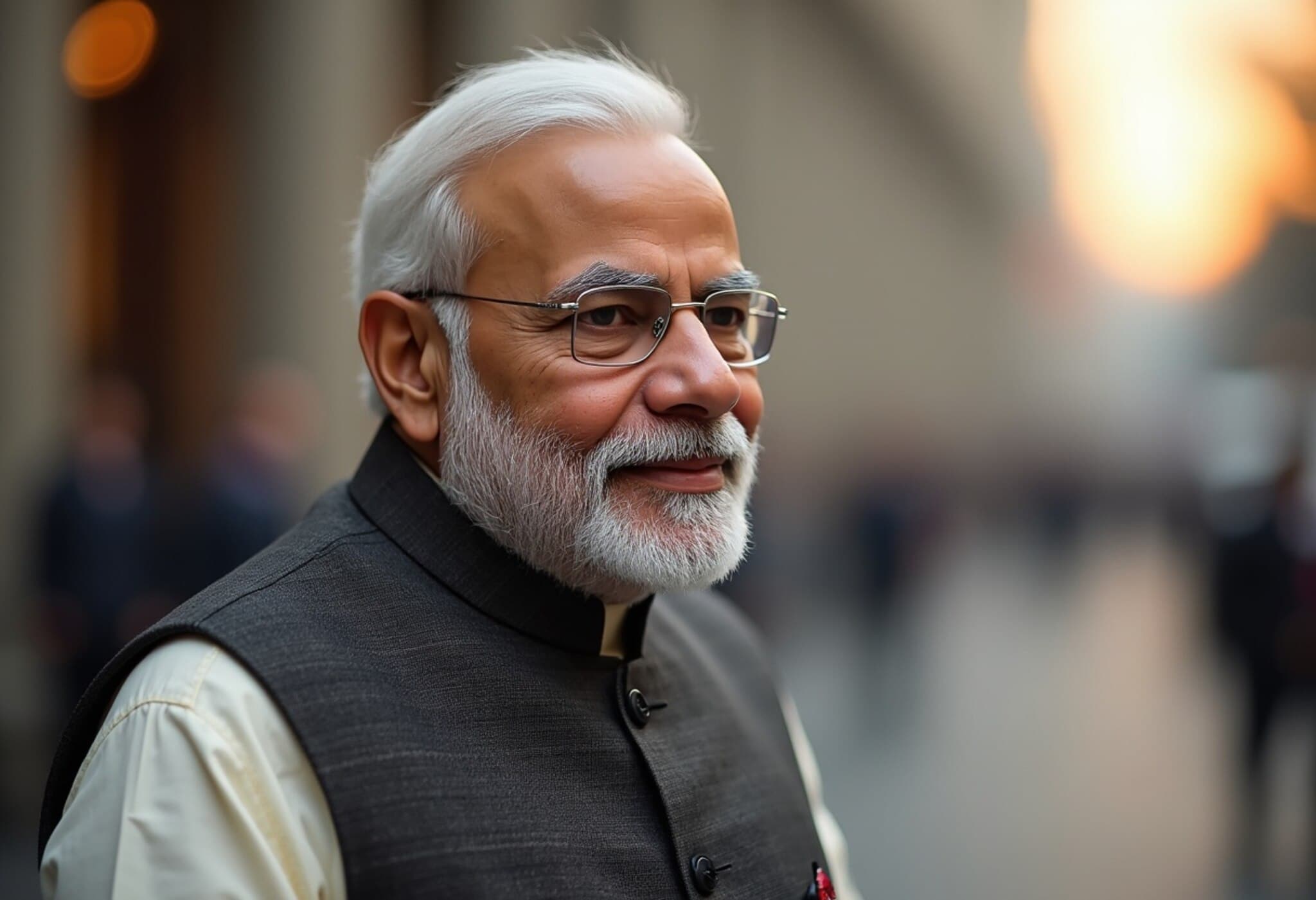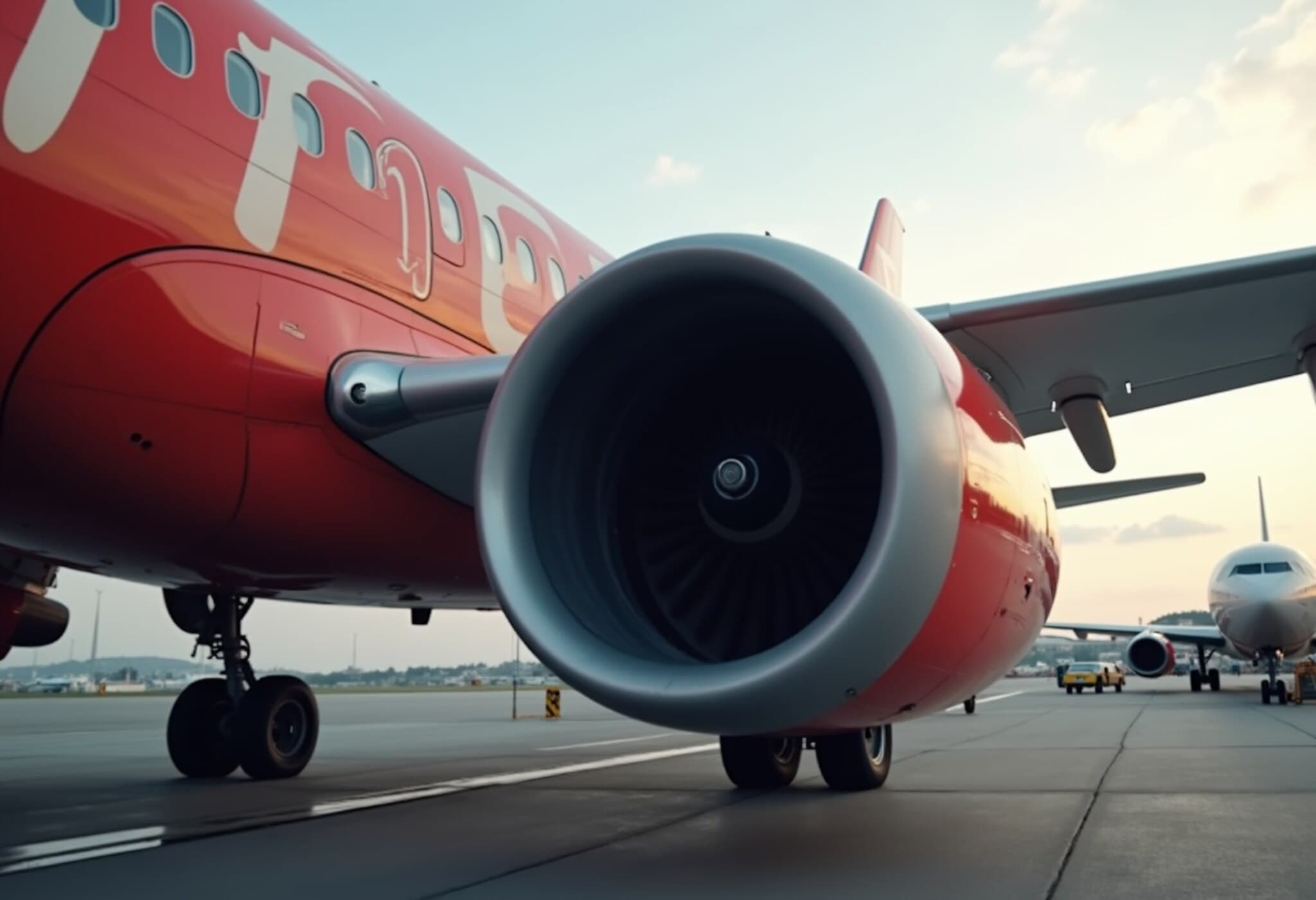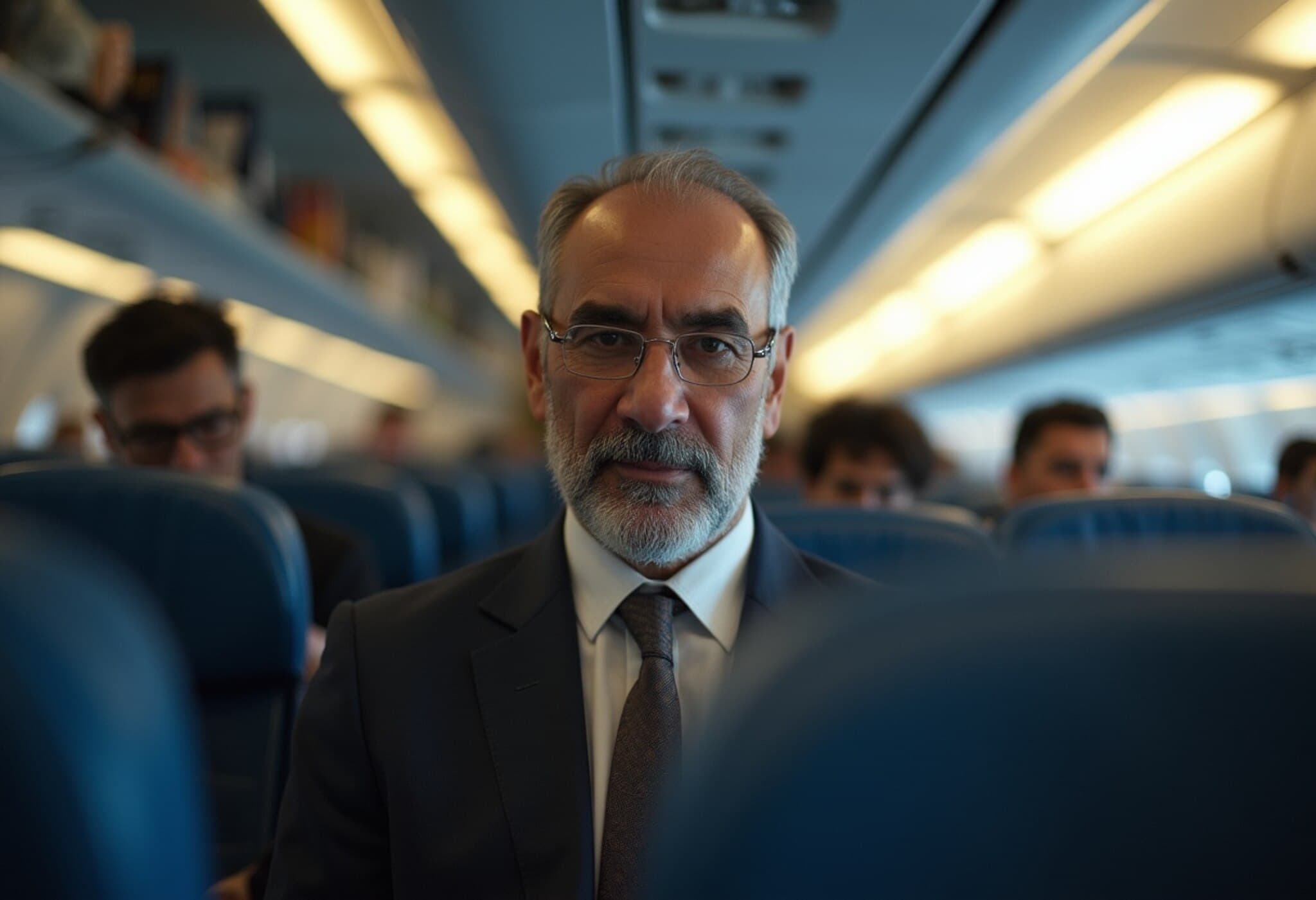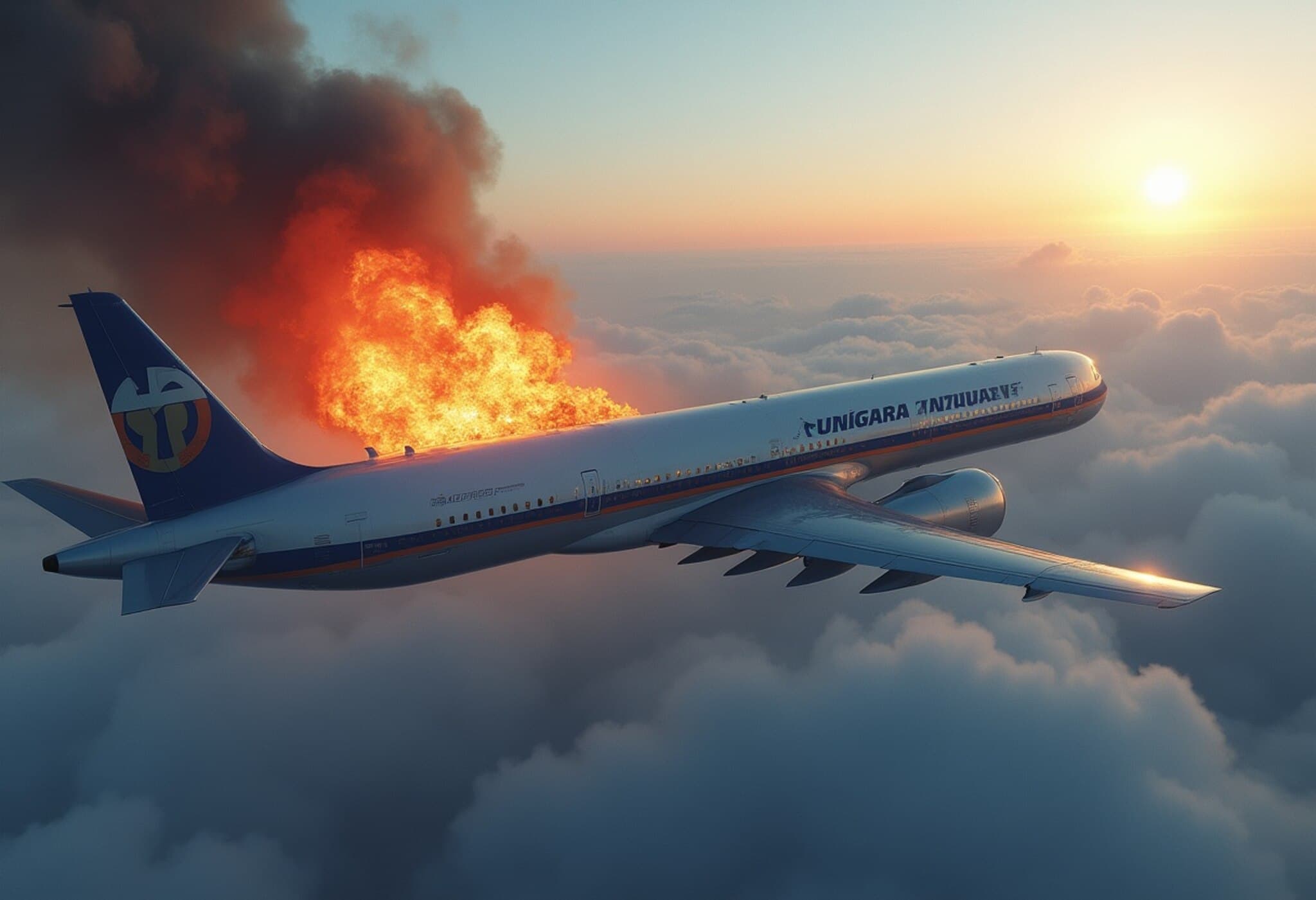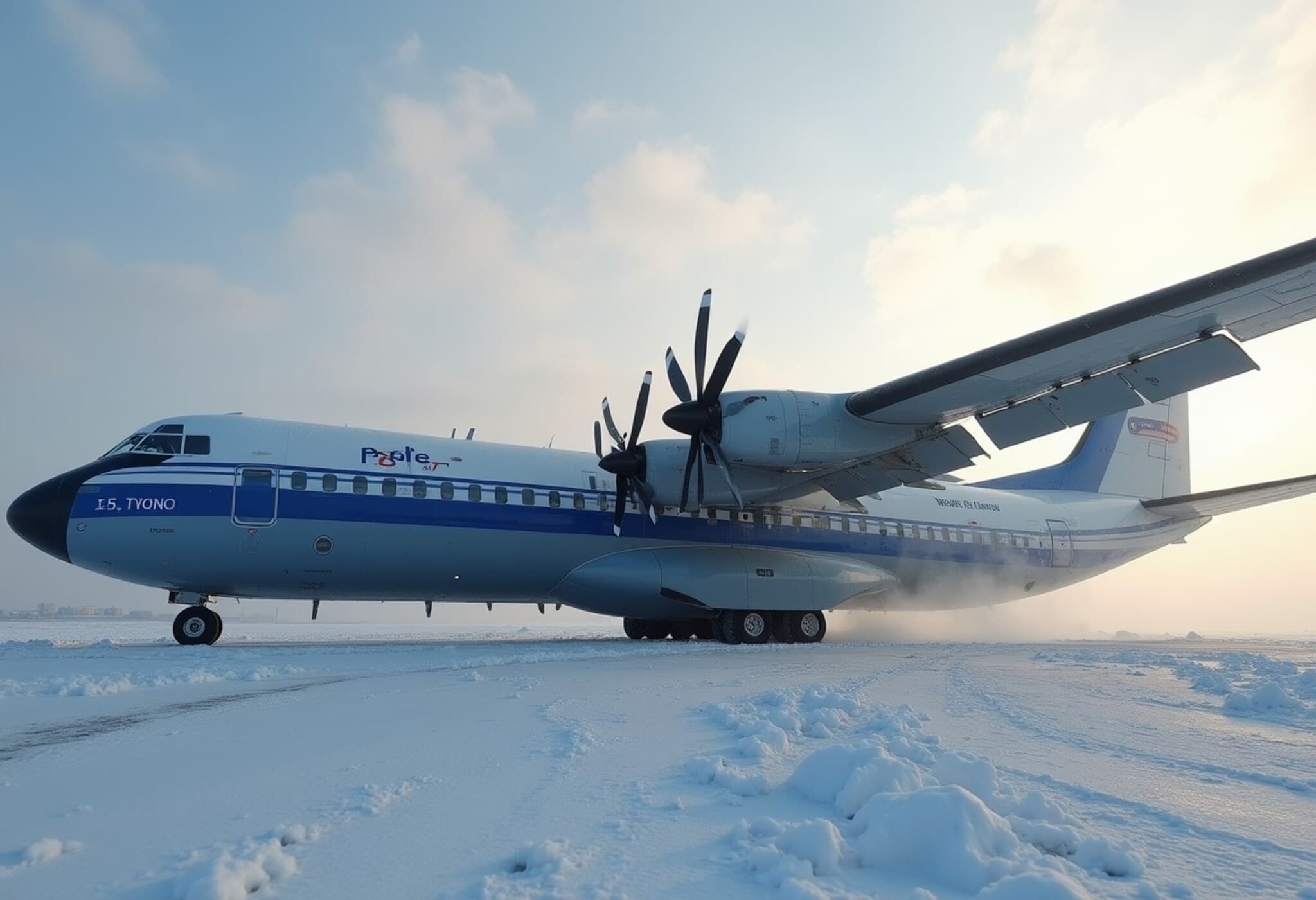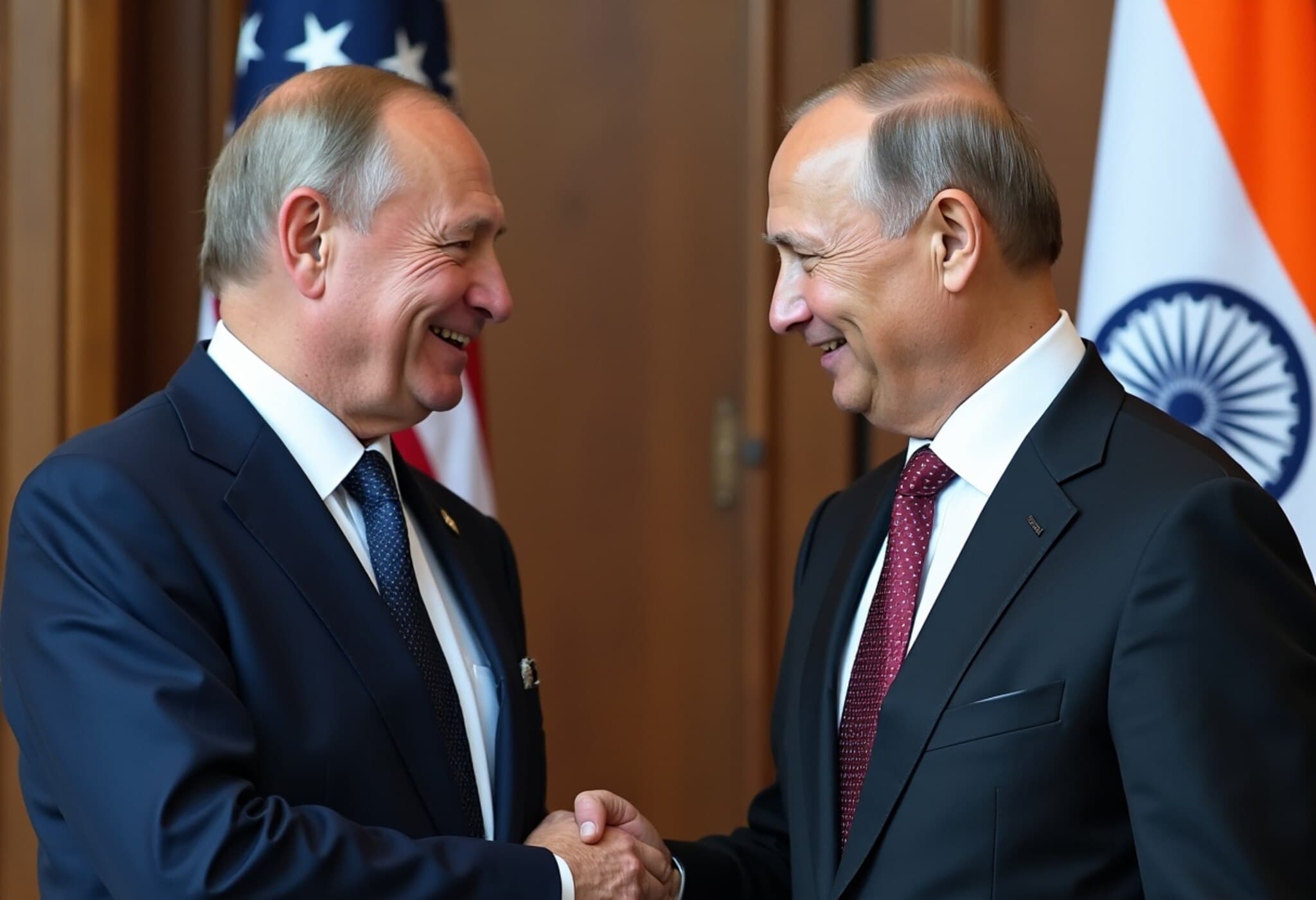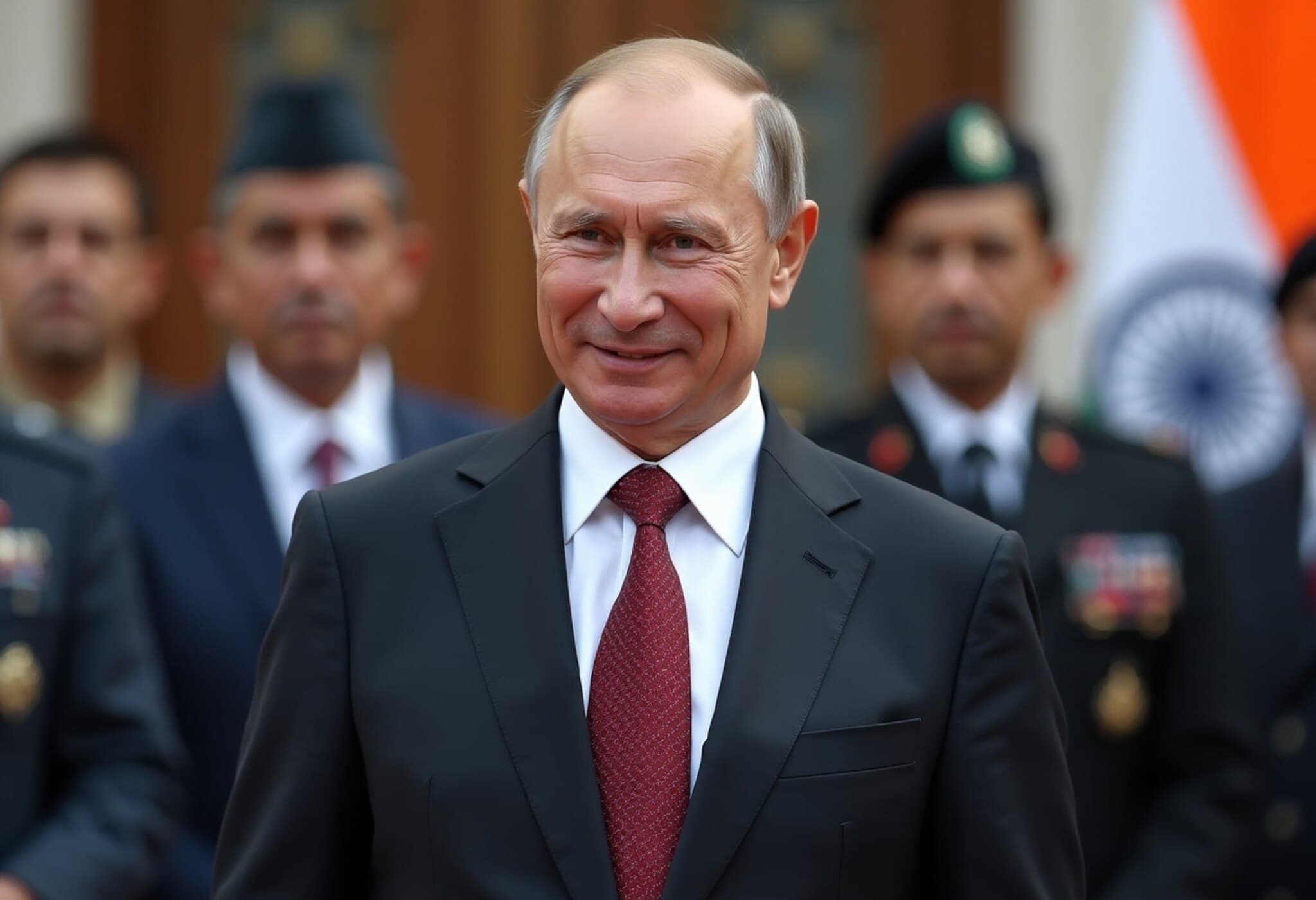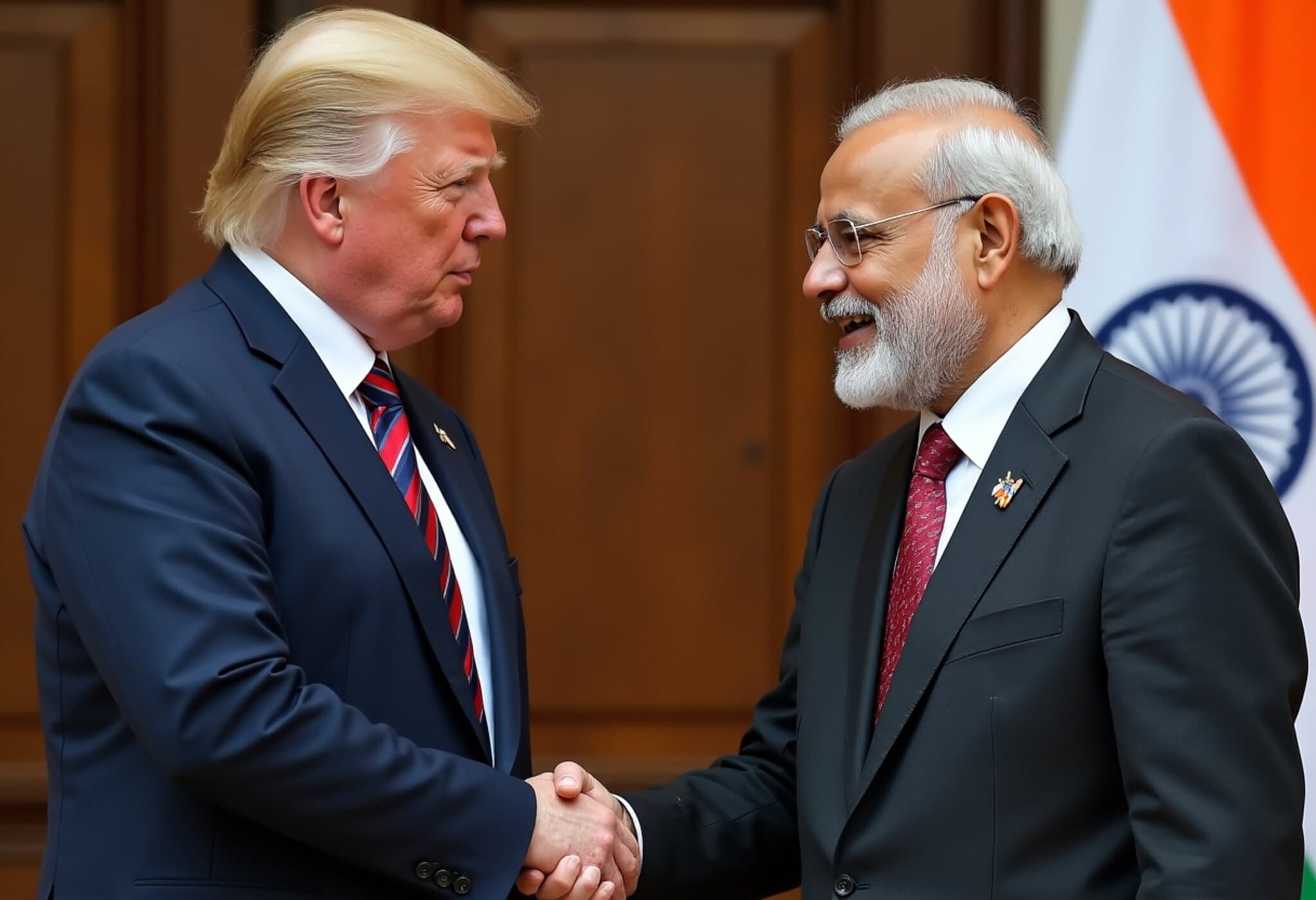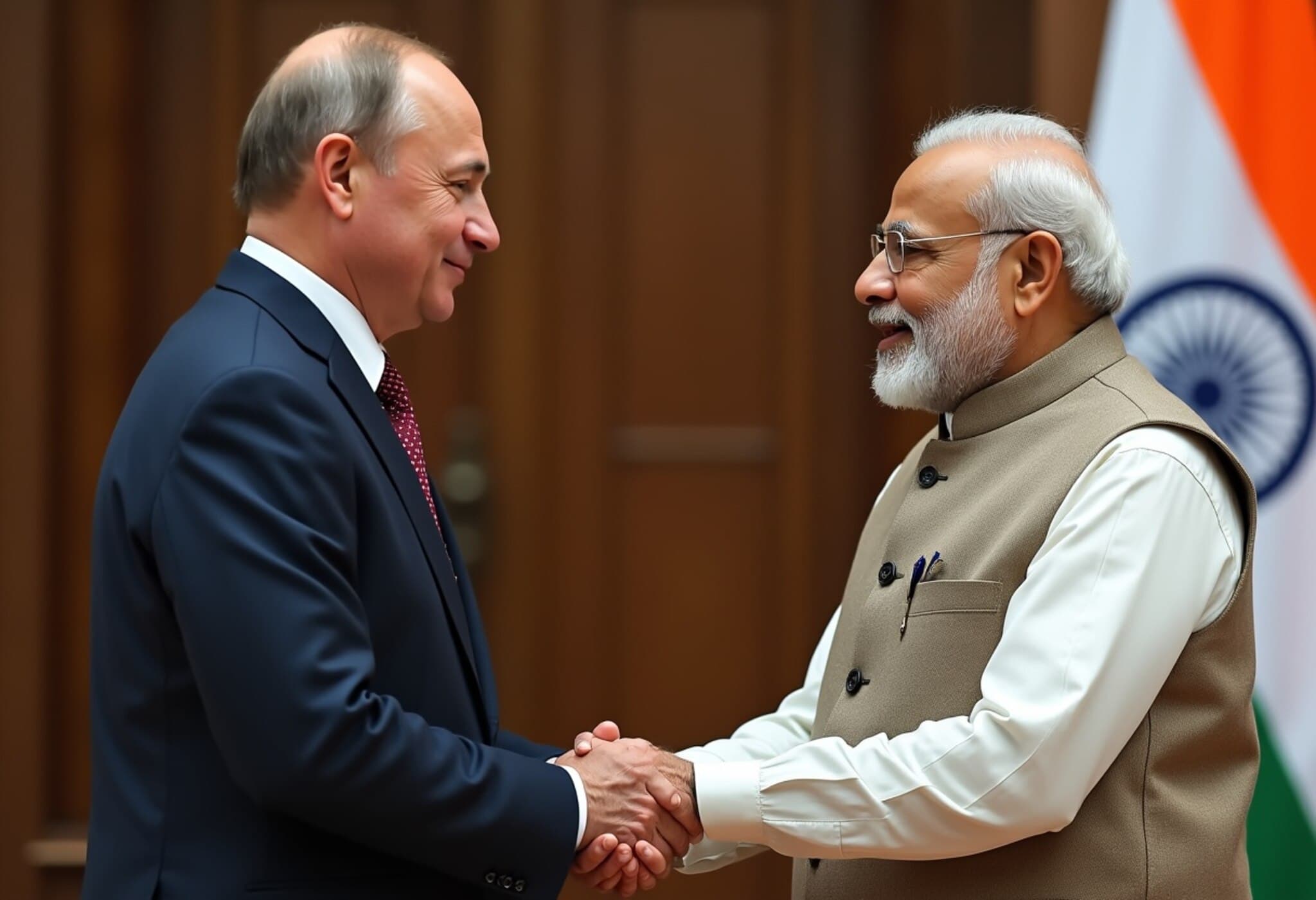Prime Minister Narendra Modi Expresses Deep Sympathy After Deadly Russia Plane Crash
On July 24, 2025, Prime Minister Narendra Modi shared a heartfelt message of condolence following the tragic crash of an Antonov An-24 passenger plane in Russia’s Amur region. The fatal accident claimed the lives of all 48 people aboard, including 42 passengers and six crew members. In his post on social media platform X (formerly Twitter), PM Modi emphasized India's solidarity with Russia during this somber moment.
Deeply saddened at the loss of lives in the tragic plane crash in Russia. Extend our deepest condolences to the families of the victims. We stand in solidarity with Russia and its people.
— Narendra Modi (@narendramodi)
Details of the Incident
The Antonov An-24, a Soviet-era aircraft manufactured in 1976, crashed while attempting to land near the town of Tynda, a key railway junction in Russia’s Far East. The plane had already attempted an unsuccessful first landing and was on its second approach when it vanished from radar. A search helicopter later spotted the burning wreckage about 15 kilometers from Tynda in dense forested hills — an area difficult to access due to lack of roads, requiring rescue teams to clear a path with heavy machinery.
Operated by Siberian regional airline Angara, the flight had originated from Blagoveshchensk, close to the China-Russia border. The tragic loss underscores the ongoing reliance on aging aircraft in remote parts of Russia, particularly amid Western sanctions that limit Moscow’s ability to procure newer planes and spare parts.
Investigation and Safety Concerns
Russian authorities swiftly opened a criminal investigation into possible violations of air traffic regulations that may have contributed to the crash. The aircraft had cleared recent technical safety inspections but was reported to have been involved in four minor incidents since 2018. The harsh realities faced by Russia’s regional aviation sector — including the use of long-serving Soviet-built planes — have resurfaced amid this disaster, prompting calls for stricter oversight.
Globally, the An-24 remains operational in various countries such as North Korea, Kazakhstan, Laos, Cuba, Ethiopia, Myanmar, and Zimbabwe. The crash may force these nations to reassess their own aviation safety protocols concerning older fleets.
Reactions and Broader Implications
Russian President Vladimir Putin conveyed his condolences to the victims' families and observed a minute of silence during a government meeting. This tragedy highlights wider concerns about aviation safety in less accessible and economically challenged regions.
From a geopolitical standpoint, the incident sheds light on the ripple effects of sanctions on Russia's transport infrastructure and the difficult balance between maintaining connectivity and ensuring passenger safety. For India, PM Modi’s message not only signals empathy but also reflects the importance of maintaining diplomatic solidarity with Russia during crises.
Contextual Analysis: Aviation Safety in Remote Regions
- Reliance on Aging Aircraft: Many countries operating Soviet-era planes face logistical challenges updating fleets due to limited access to parts and financial constraints.
- Geopolitical Sanctions Impact: Western sanctions exacerbate difficulties for Russia’s aviation sector, affecting maintenance and acquisition of new aircraft.
- Remote Area Risks: Regions like Russia’s Far East illustrate how infrastructure deficiencies increase risk factors during emergencies and rescue operations.
- Global Aviation Safety Standards: Tragedies like this raise urgent questions about enforcing international safety standards to protect passengers worldwide.
Looking Ahead
The crash calls for renewed attention to aviation safety reforms, both within Russia and in other nations still operating older planes. It also highlights the human cost of infrastructural shortcomings, especially in remote territories where emergency response is complicated.
For India, whose own aviation sector is rapidly modernizing, the incident is a somber reminder of the need for continuous vigilance regarding aircraft maintenance and operational safety—lessons that resonate beyond borders.
Editor’s Note
The devastating crash of the Antonov An-24 in Russia raises critical issues about the sustainability of aging aviation fleets under political and economic constraints. Beyond the immediate grief, it prompts us to consider the human vulnerability inherent in relying on outdated technology and inadequate infrastructure. How can international cooperation and technological advancement help mitigate such tragedies in isolated regions? PM Modi’s compassionate outreach underscores the shared human experience in confronting loss, emphasizing solidarity as a powerful response amid adversity.

